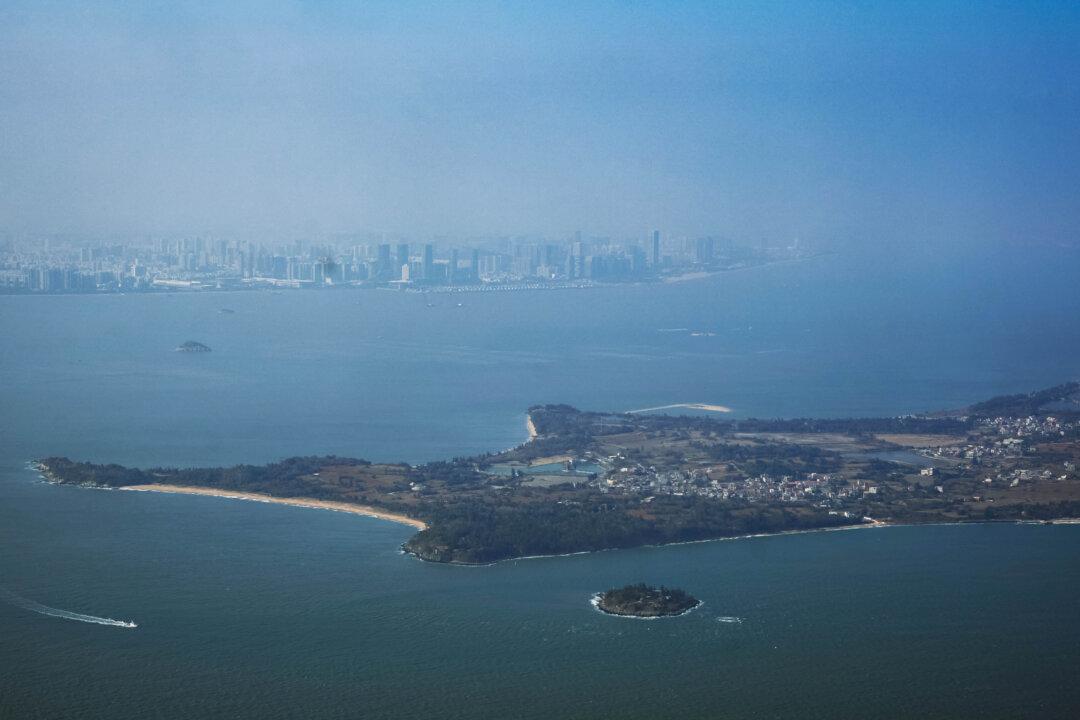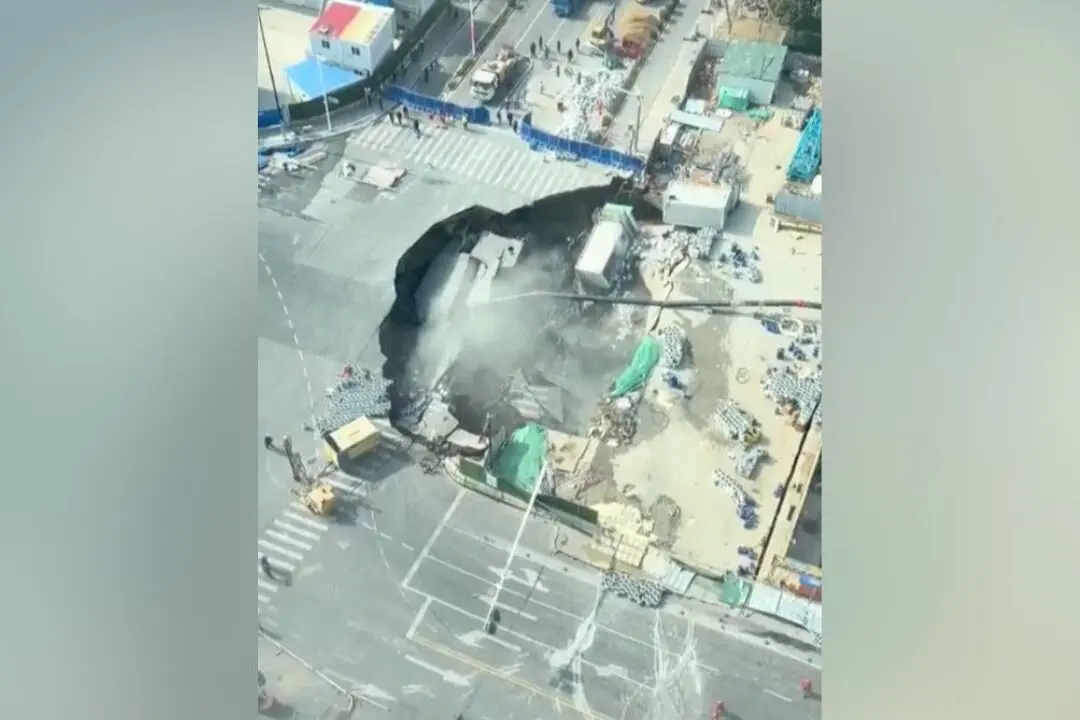Two Chinese weather balloons flew across the sensitive Taiwan Strait on Dec. 17, Taiwan’s defense ministry said, as the regime in Beijing ratchets up pressure on the self-ruled island ahead of next month’s election.
The balloons were detected at 9:03 a.m. and 2:43 p.m. local time, respectively, after crossing the strait’s median line, the defense ministry said in a statement on social media. They continued to travel toward the east, before disappearing at 9:36 a.m. and 4:35 p.m. local time, respectively, it added.




